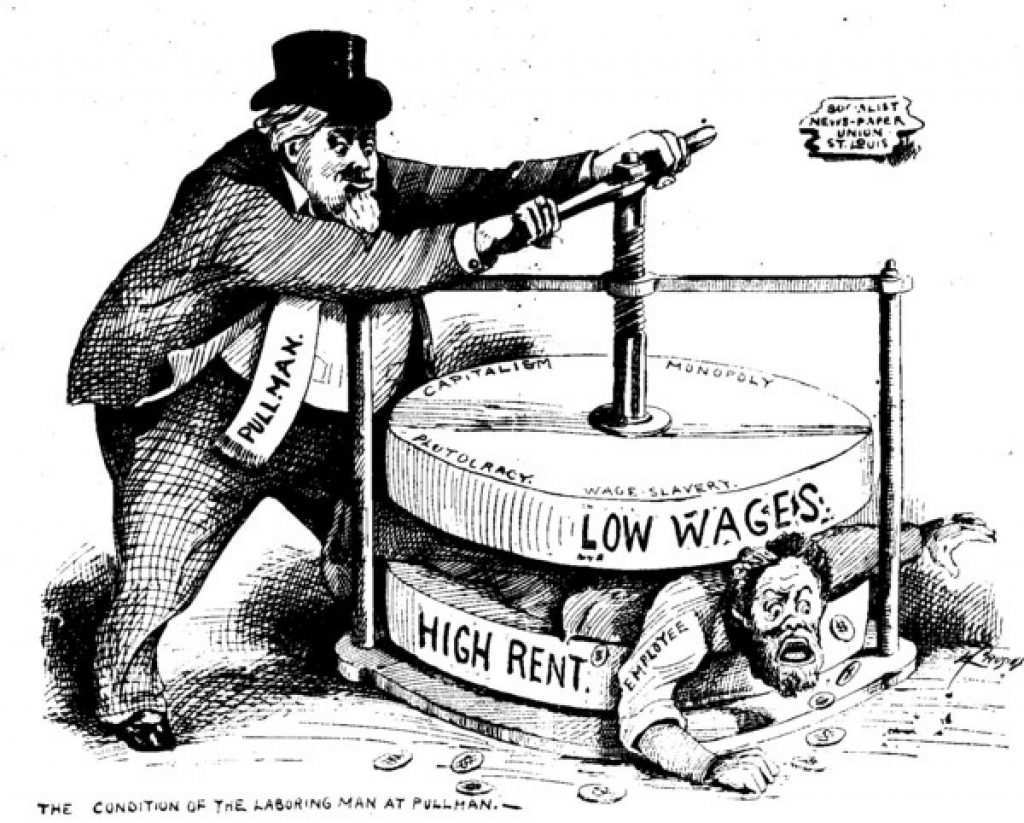Labor Day has always been an odd sort of holiday. Perhaps an after thought to the Fourth of July; one last grasp at summer before we return to “normal”. For many it marks the beginning of off-season and lower rates at the beach, reason enough for celebration Always a welcome day off, it just doesn’t have the depth and meaning of Fourth of July, Memorial Day or Christmas, Thanksgiving, MLK Birthday, et al.
Labor Day this year was particularly mundane, for a couple of reasons. The pandemic dampened activities and as a retired old man it was just another day.
I did come across some reflections on the origin of Labor Day:

On May 11, 1894, workers at the Pullman Palace Car Company, a railroad car manufacturer near Chicago, went on strike to protest their low wages and 16-hour workdays. On June 22, members of the powerful American Railway Union joined their struggle by refusing to move Pullman’s cars from one train to another, thus crippling rail traffic across the country.
On July 3, President Cleveland ordered federal troops to Chicago to end the boycott. Strikers rioted and on July 7, national guardsmen fired into a mob and killed as many as 30 people.
In an attempt to appease the strikers and their supporters, the Senate had passed a bill designating Labor Day a public holiday. The bill was signed by President Cleveland June 28, 1894. It didn’t stop the violence, but the Labor Day commemoration, which had been languishing in Washington, finally became a day of rest to honor workers.
via Internet Monk
How ironic is the celebration of Labor Day in the current environment of protest and violence, often led by chants of “No justice, no peace”? Essentially, Labor Day honors a movement against injustice employing protest and ultimately violence to achieve their goals.
The anthem “No justice, No peace” is interesting. For some it is a pejorative expression of anarchist. Thinking about Labor Day origins and its kinship to today’s upheaval, it occurred to me how ubiquitous the mantra of “No justice, No Peace” is in our ordinary lives. It begins very early, the toddler screaming for a toy she has been unfairly deprived of is declaring,” No justice, No Peace”. In every interpersonal conflict the offended party is declaring in some way, “No Justice, No Peace”. All to often, anger and/or violence results.
Our goal is peace, but how do we achieve it? Demanding justice hasn’t proved to be effective. Christ-followers are called to be peace-makers, but Christianity seems to be filled with conflict.
Isn’t justice a legitimate goal.
Once again there’s a lot to think about. To reject “No justice, No Peace” ignores our own very human desire for justice and peace.
We cannot tweet this away, it requires us to wrestle with profound questions about our faith and humanity.
As a Christ follower, I am somewhat befuddled by what it means to be a peacemaker. I interned to pursue better understanding about that. Hopefully, you will join me in that quest.
If you would like to read some stimulating thoughts on “No Justice, No Peace”, here is a recent series of articles I found to helpful.


